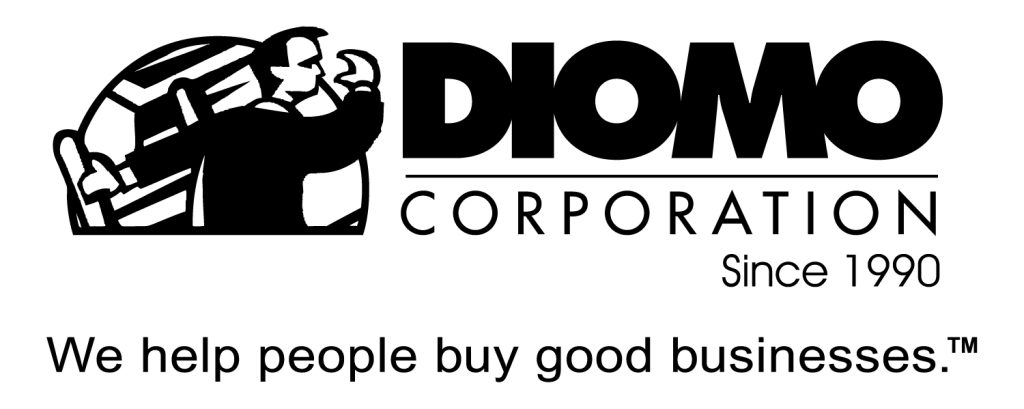In our recent survey,
the three most common buyer concerns after valuing a business were: choosing the right one, financing the purchase and conducting due diligence.
Today we will talk about how to choose the right business to buy.
I went through a stack of client emails on this subject that we have received over the years and there are clearly some common threads that surface.
The most important issue that a buyer needs to address is by taking a truthful self-inventory.
Identifying your strengths is crucial, but recognizing your weaknesses is at lease at important.
In my experience, good business people know their strengths. Great ones know their weaknesses. So the lesson is simple: be honest with yourself. Don’t try to be something you’re not.
Next, you must understand that there are a lot of good businesses that are being run by the wrong people. The application of the right skill to the right business set can truly grow a good business into a great one.
One of the gravest mistakes buyers make is confusing past work experience with skill. Just because you have been in a certain industry for a while does not make you an expert in it. Similarly, it does not mean that you have to pursue a business in that sector. Unless a business is highly technical, you can always learn a new product or service or industry. But trying to become an expert at a new skill is not easily done. So again,
identify what it is that you do best, and marry that skill to a business that needs that skill to either replace the owner’s contribution or build the business
.
So Where Do You Start?
At the beginning of course! Actually, there is a proven formula to follow. Keep in mind it is easy to get overwhelmed with so many possible businesses for sale. Instead of jumping all over the place, here’s what to do:
Identify some broad categories of prospective businesses (you may want to first eliminate what you don’t want)
Contact and visit with at least two sellers in each of the categories you initially identify.
After you’ve met with 10 sellers, your ideas will begin to crystallize – guaranteed.
While you may rule out all ten companies, what you want to do is hone into what you like and dislike about each type of business and category. Even though the ones you visit may not be ideal, the actual type may suit you well and so you can adjust your thinking and focus more clearly.
Ask yourself:

